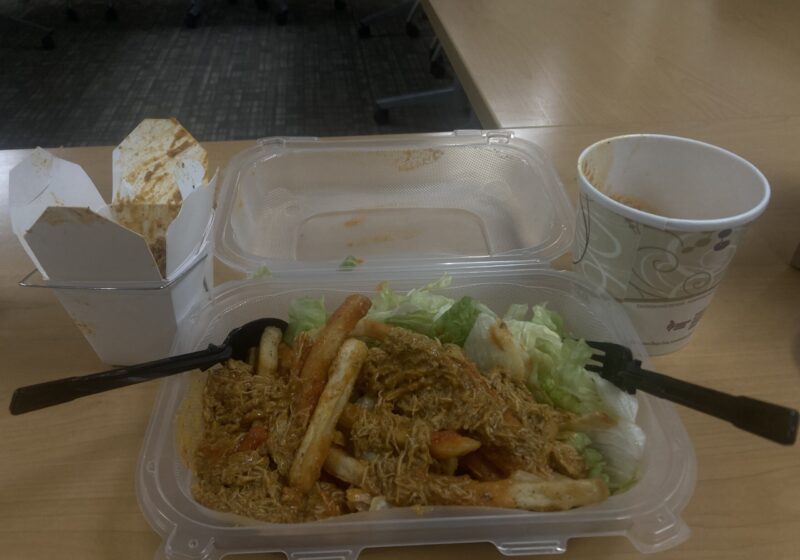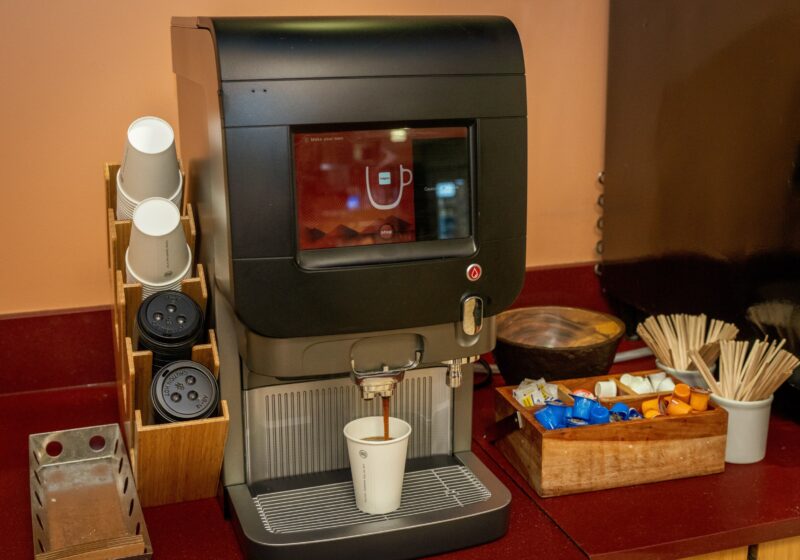Ever wonder if your opinion really counts? In efforts to improve teaching at UR, a committee was formed last year to revise teacher evaluation forms.
At the end of each semester, students are given a chance to rate their classes and professors on a form that asks questions about the amount of work required, the difficulty of assignments and the quality of instruction.
Half of the evaluation is based on numerical values, while the other half is open to written responses on the strengths and weaknesses of the course. Some of the areas that students are asked to comment on are teacher traits and the general effectiveness of the class.
Previously, evaluations consisted of two sets ? one created by the Students? Association and one created by The College. Implemented last year, the new forms are an effort to allow students to compare courses from different departments and in turn, to allow administrators to see how classes compare across the college.
Departments are free to individualize the forms by adding questions specific to their discipline, but having a general form allows deans and various faculty committees to compare teaching through the entire college. This proves valuable in analyzing the college as a whole.
The committee responsible for the changes was formed last year in an attempt to bridge the gap between the research and teaching aspects of the college.
?In its effort to establish itself as a combination of a liberal arts college with a research university, the University of Rochester is taking steps to improve its teaching,? said Thomas Hahn, an English professor and member of the revision committee.
Once the forms are filled out by students, they are sent to Academic Advising for analysis. Reported results are divided according to department and each department head receives a booklet that contains cumulative numeric scores as well as written responses for each course. From there, the results are distributed to individual professors and each department chair keeps a copy on file.
As to the question of whether these evaluations really count, the jury is still out. Many students feel that being given the chance to voice their opinions is only a token gesture, especially in large lecture classes. ?Although teachers might look at the evaluations, the wide variety of responses in a large lecture class makes it hard to use the information,? said sophomore Diana Pogorzelski.
Professors contend that the evaluations really do play a part in the structure of their courses. Kathleen Parthe, a professor in the Russian studies department said that the evaluations are much morehelpful when students take them seriously.
?Course evaluations give me a clue as to whether things connected in the right way,? she said. ?It?s important to have a connection between the professor and the students as well as a connection between the lecture, the course and the readings.?
Green emphasized the importance of teaching evaluations in departmental decisions about teacher?s stature. ?In terms of tenure, teaching evaluations are significant because teaching matters here,? he said.
Professors who are awarded tenure have greater job security and status among the faculty.
Taylor can be reached at ktaylor@campustimes.org.





